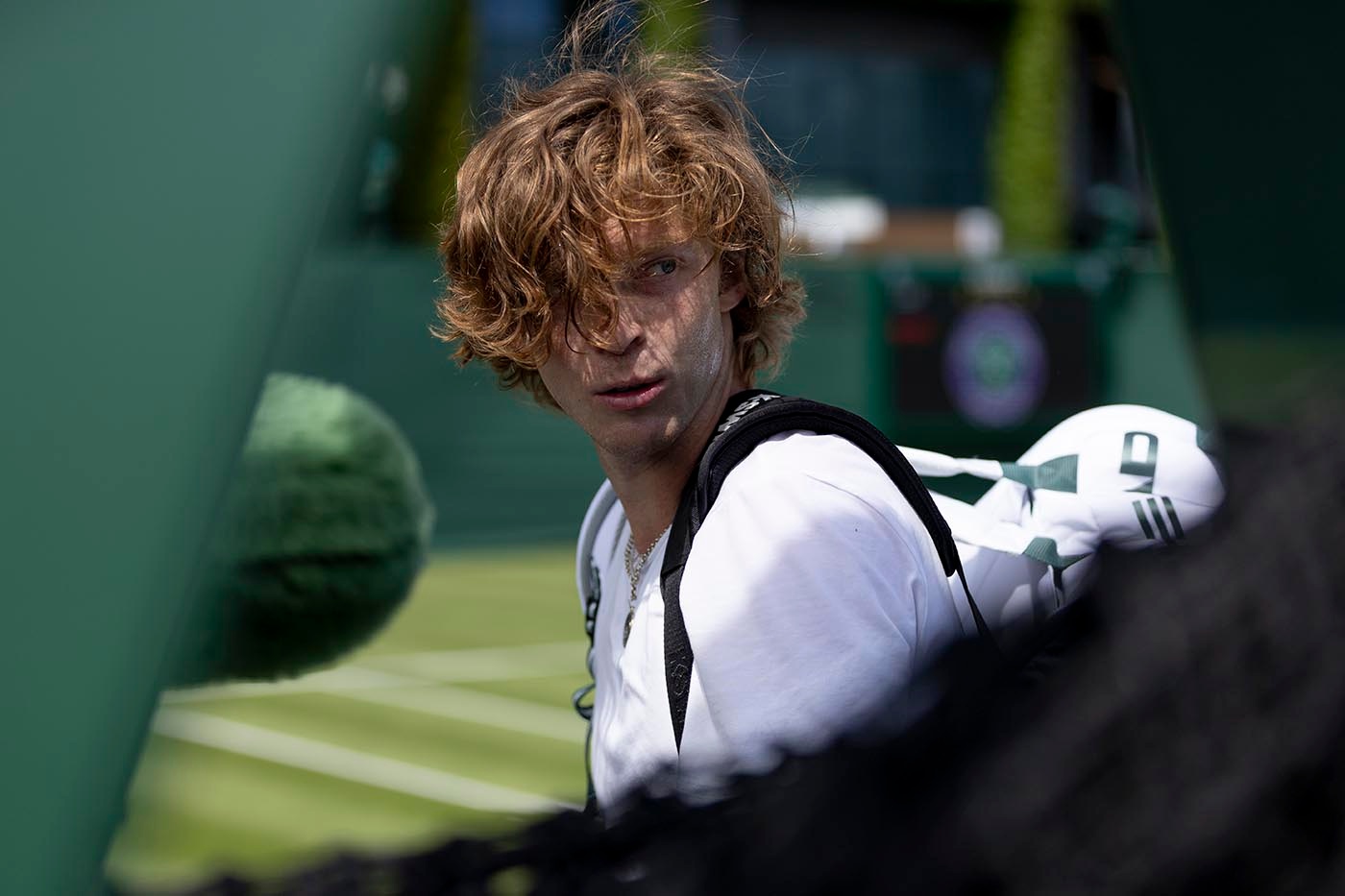
Rublev’s Inner Battle: Winning Matches or Finding Peace?
This year at Wimbledon, Andrey Rublev isn’t just chasing titles—he’s chasing something even more profound: emotional control and personal growth. At 27 years old and ranked world number 14, Rublev’s journey through professional tennis has often been as chaotic emotionally as it’s been skillful. Known just as much for his explosive temper as his powerful groundstrokes, Rublev now says his goal is simple: to win—or to lose like a grown-up.
That might sound modest for a player of his caliber, but it's actually a major milestone for someone who's been battling inner storms for years. In fact, Rublev has never gone beyond the quarter-finals of a Grand Slam, losing at that stage ten times. But last year at Wimbledon, he hit a personal low—not in the rankings, but emotionally. After a first-round exit, he repeatedly smashed his racquet into his own leg in frustration. That moment, he now says, forced him to confront something deeper than just another loss: himself.
Since then, Rublev has sought serious change. He brought in Marat Safin—no stranger to tennis tantrums himself—who offers him what Rublev calls “the heavy truth.” Safin’s tough-love approach has helped Rublev identify the emotional roots of his volatility, which he now openly links to untreated mental health struggles. Rublev has also been working with a psychologist and is learning, step by step, that emotional balance is as essential as technique.
Also Read:- Liberty vs. Storm: A Midseason Test or a Finals Sneak Peek?
- India Roar Back to Level the Series as Gill and Deep Shine at Edgbaston
He even finds connection with peers like Alexander Zverev, who recently opened up about feelings of emptiness and isolation. Rublev empathized deeply, saying, “We’ve all felt the same. The problem isn’t tennis—it’s within ourselves.”
Despite not winning a title this season, Rublev has shown growth under pressure. At the Doha Open, he pulled off a series of gritty three-set victories, staying composed even after setbacks. These aren’t just wins on the scoreboard—they’re signs that he’s mastering the mental game too.
More than anything, Rublev is starting to understand the balance between ambition and peace. In a sport where the margins are razor-thin and the pressure immense, he’s realizing that success isn’t just defined by trophies—it’s also about integrity, maturity, and facing your own reflection without fear.
As he puts it: “There are two options. Try to go deeper. Or if I lose, to lose in a mature, adult way. That would be success as well.”
Win or lose, Rublev’s transformation is already a quiet triumph.
Read More:

0 Comments